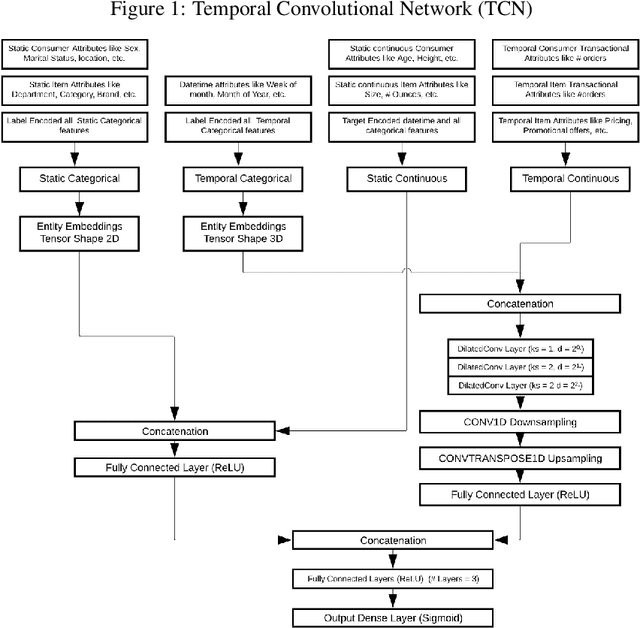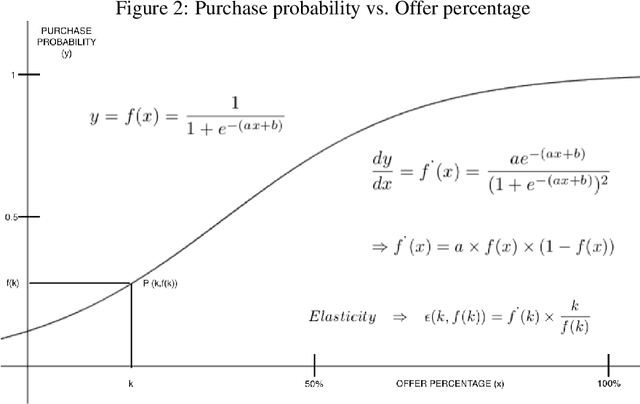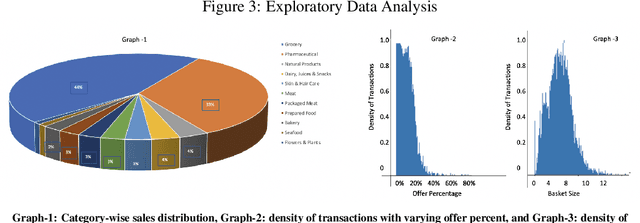Ankur Verma
NVIDIA Nemotron 3: Efficient and Open Intelligence
Dec 24, 2025Abstract:We introduce the Nemotron 3 family of models - Nano, Super, and Ultra. These models deliver strong agentic, reasoning, and conversational capabilities. The Nemotron 3 family uses a Mixture-of-Experts hybrid Mamba-Transformer architecture to provide best-in-class throughput and context lengths of up to 1M tokens. Super and Ultra models are trained with NVFP4 and incorporate LatentMoE, a novel approach that improves model quality. The two larger models also include MTP layers for faster text generation. All Nemotron 3 models are post-trained using multi-environment reinforcement learning enabling reasoning, multi-step tool use, and support granular reasoning budget control. Nano, the smallest model, outperforms comparable models in accuracy while remaining extremely cost-efficient for inference. Super is optimized for collaborative agents and high-volume workloads such as IT ticket automation. Ultra, the largest model, provides state-of-the-art accuracy and reasoning performance. Nano is released together with its technical report and this white paper, while Super and Ultra will follow in the coming months. We will openly release the model weights, pre- and post-training software, recipes, and all data for which we hold redistribution rights.
Hierarchical energy signatures using machine learning for operational visibility and diagnostics in automotive manufacturing
Feb 25, 2024Abstract:Manufacturing energy consumption data contains important process signatures required for operational visibility and diagnostics. These signatures may be of different temporal scales, ranging from monthly to sub-second resolutions. We introduce a hierarchical machine learning approach to identify automotive process signatures from paint shop electricity consumption data at varying temporal scales (weekly and daily). A Multi-Layer Perceptron (MLP), a Convolutional Neural Network (CNN), and Principal Component Analysis (PCA) combined with Logistic Regression (LR) are used for the analysis. We validate the utility of the developed algorithms with subject matter experts for (i) better operational visibility, and (ii) identifying energy saving opportunities.
Consumer Behaviour in Retail: Next Logical Purchase using Deep Neural Network
Oct 14, 2020



Abstract:Predicting future consumer behaviour is one of the most challenging problems for large scale retail firms. Accurate prediction of consumer purchase pattern enables better inventory planning and efficient personalized marketing strategies. Optimal inventory planning helps minimise instances of Out-of-stock/ Excess Inventory and, smart Personalized marketing strategy ensures smooth and delightful shopping experience. Consumer purchase prediction problem has generally been addressed by ML researchers in conventional manners, either through recommender systems or traditional ML approaches. Such modelling approaches do not generalise well in predicting consumer purchase pattern. In this paper, we present our study of consumer purchase behaviour, wherein, we establish a data-driven framework to predict whether a consumer is going to purchase an item within a certain time frame using e-commerce retail data. To model this relationship, we create a sequential time-series data for all relevant consumer-item combinations. We then build generalized non-linear models by generating features at the intersection of consumer, item, and time. We demonstrate robust performance by experimenting with different neural network architectures, ML models, and their combinations. We present the results of 60 modelling experiments with varying Hyperparameters along with Stacked Generalization ensemble and F1-Maximization framework. We then present the benefits that neural network architectures like Multi Layer Perceptron, Long Short Term Memory (LSTM), Temporal Convolutional Networks (TCN) and TCN-LSTM bring over ML models like Xgboost and RandomForest.
Offer Personalization using Temporal Convolution Network and Optimization
Oct 14, 2020



Abstract:Lately, personalized marketing has become important for retail/e-retail firms due to significant rise in online shopping and market competition. Increase in online shopping and high market competition has led to an increase in promotional expenditure for online retailers, and hence, rolling out optimal offers has become imperative to maintain balance between number of transactions and profit. In this paper, we propose our approach to solve the offer optimization problem at the intersection of consumer, item and time in retail setting. To optimize offer, we first build a generalized non-linear model using Temporal Convolutional Network to predict the item purchase probability at consumer level for the given time period. Secondly, we establish the functional relationship between historical offer values and purchase probabilities obtained from the model, which is then used to estimate offer-elasticity of purchase probability at consumer item granularity. Finally, using estimated elasticities, we optimize offer values using constraint based optimization technique. This paper describes our detailed methodology and presents the results of modelling and optimization across categories.
 Add to Chrome
Add to Chrome Add to Firefox
Add to Firefox Add to Edge
Add to Edge